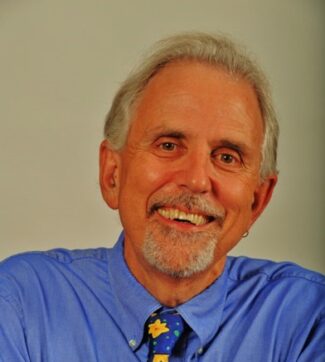 When I was growing up, if there was a problem at school, the consequences at home would far outweigh the consequences in school. My parents believed in accountability, and they never would have dreamed of disputing the word of a teacher.
When I was growing up, if there was a problem at school, the consequences at home would far outweigh the consequences in school. My parents believed in accountability, and they never would have dreamed of disputing the word of a teacher.
While there can certainly be times when school personnel are wrong – operating out of their own biases – in general we educators work with hundreds of children, and our perspective on behavior has been tested on many more individuals than live in your home. Yet, in recent years, parents choose to question the school around discipline issues and clear the way for their children to avoid consequences. Sometimes this allows our children to think that others will take care of any consequences.
In their book The Coddling of the American Mind, Greg Lukianoff and Jonathan Haidt suggest that there have been three great “untruths” perpetuated by the current Boomer generation: that adversity leads to fragility rather than resiliency; that emotional beliefs are always true; that some people are “good” and some people are “bad” (often referred to as the “false binary”).
We now have “snowplow parents” outdoing the “helicopter parents” of yesterday, clearing the road ahead of all obstacles so Johnny can glide through life hassle free. We also validate our beliefs based upon the strength of our feelings rather than the examination of those beliefs by our intellect: it must be “right” if it feels “right” to us. Finally, we say that “good people cannot be racist” and “bad people have nothing offer” rather than look at the common humanity and fallibility of all people.
As Scott Peck said in the opening line of The Road Less Travelled, “Life is difficult.” Wisdom – deep learning that shapes our character – comes at a cost, and that cost often involves discomfort, suffering, and loss. Nobody wants to see their child hurting, but hurting is a necessary part of growing up. The true gift of a skinned knee or a loss of electronics for a week or a need for restitution for property lost or broken is the lesson learned: nothing comes for free.
I am a firm believer in “tough love”: high affection, high awareness, and high involvement parenting that allows for appropriate exploration and pain as part of growing up. We have heard of recent college graduates who show up at their new jobs expecting everything to be easy and nurturing: employers scratch their heads and wonder what has happened to maturity and responsibility.
Let your children fall down and fail and make mistakes. Provide the opportunity for them to make amends and learn from their experiences. Allow them the gift of pain when they need to suffer a bit. In the end they will be ready for the road ahead and not be waiting for the world to take care of them.

Recent Comments